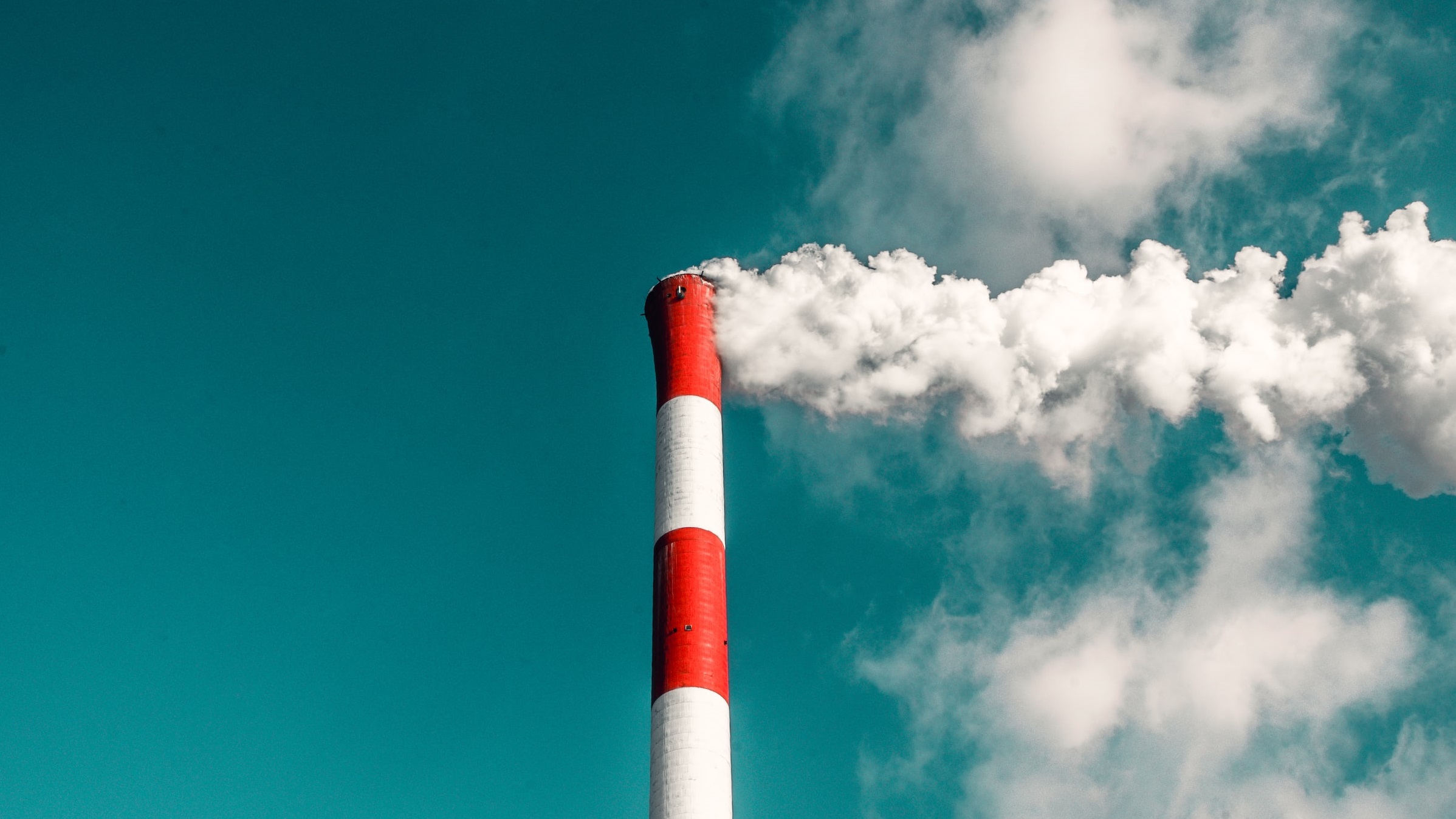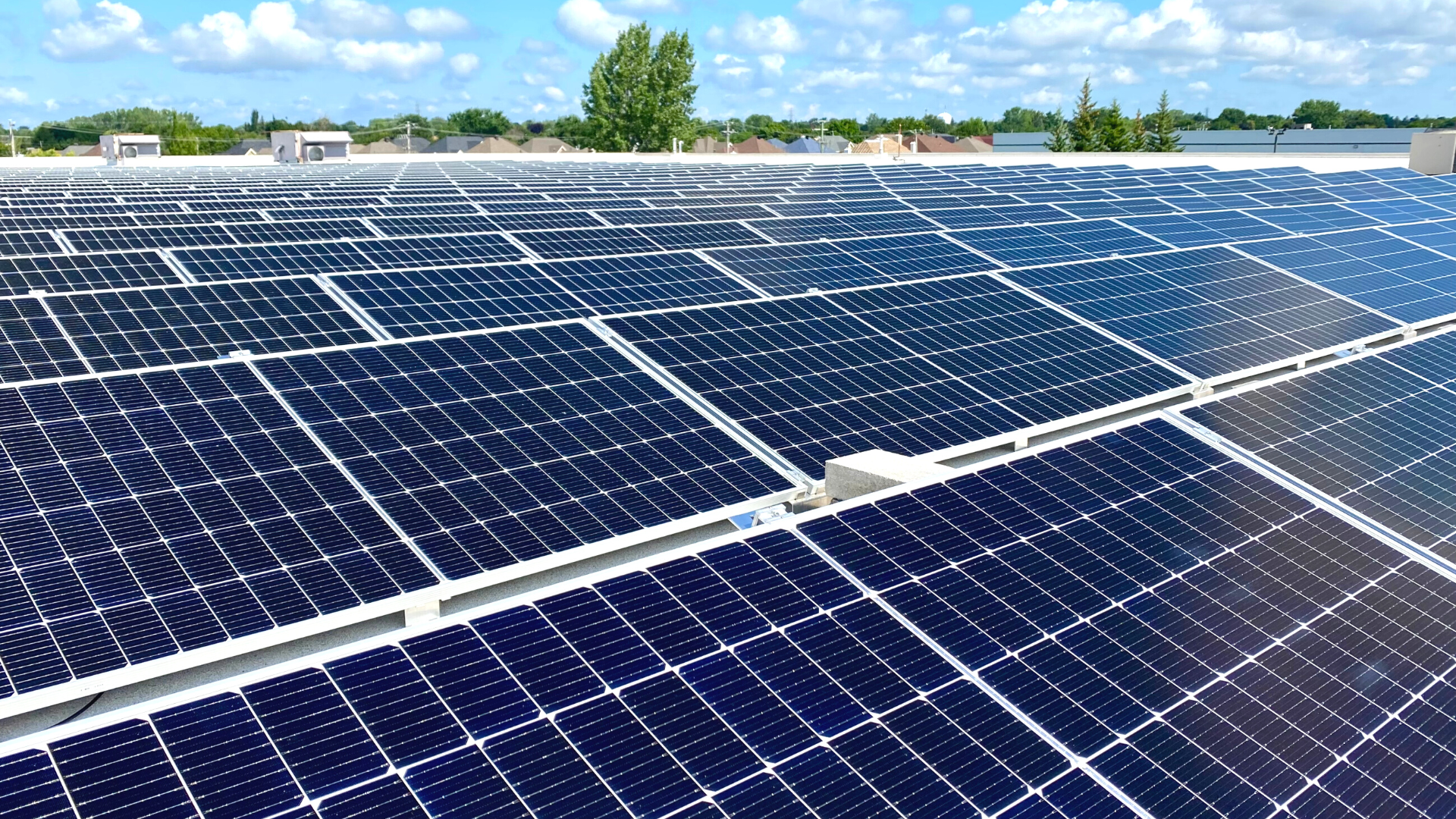Compliance Solutions for CFR Program Participants
Leveraging our experience in the renewable fuels and environmental commodities sectors, we empower companies participating in Canada’s Clean Fuel Regulations to embrace a greener future while capitalizing on compliance opportunities. One of the keys to successfully navigating the Canadian Clean Fuel Regulation lies in compliance credits, the tradable currency of carbon reduction. We advise customers on a multitude of pathways for credit generation across three compliance categories: CO2 emissions reduction projects, low-CI fuel production or import, and transformative end-use fuel switching in transportation.
As a strategic partner, we help customers unlock the full potential of Canada Clean Fuels Regulation compliance through the introduction of innovative and sustainable carbon reduction strategies. Contact our Environmental Commodities team for more information.
About Canada’s Clean Fuels Regulation Program
The Canada Clean Fuels Regulation program, driven by the imperative to combat climate change, introduces a novel approach to regulate the carbon intensity of fuels in Canada. It specifically targets gasoline and diesel, two of the most prevalent and widely used fuel types. The key metric underpinning Canada Clean Fuels Regulation is the lifecycle carbon intensity (CI), expressed as grams of carbon dioxide equivalent per megajoule (gCO2e/MJ). This metric provides a comprehensive measure of the environmental impact of different fuel types throughout their entire lifecycle, from production to consumption.
Primary Supplier Responsibility
At the heart of the Canadian Clean Fuel Regulation program lies the accountability of primary suppliers, who are tasked with reducing the carbon intensity of the fuels they produce or import. A compliance credits based mechanism has been introduced to facilitate this reduction. Compliance credits are tradable units, each equivalent to a one-tonne reduction of lifecycle CO2e emissions. This innovative concept incentivizes primary suppliers to actively engage in emission reduction strategies.
Generating Compliance Credits
The Canadian Clean Fuels Regulation program offers a versatile approach to earn compliance credits through activities falling under three distinct compliance categories:
Compliance Category 1: CO2 Emissions Reduction Projects
One of the most significant avenues for generating compliance credits is through CO2 emissions reduction projects. These encompass a range of initiatives, including cutting-edge carbon capture and storage projects. Carbon capture and storage involve capturing CO2 emissions from various sources, such as industrial facilities or power plants, and safely storing them to prevent their release into the atmosphere. By participating in these projects, entities contribute to a tangible reduction in carbon emissions and earn compliance credits as a result.
Compliance Category 2: Low-CI Fuel Production or Import
The second compliance category revolves around the production or import of low-carbon intensity (CI) fuels. These fuels boast a CI below the prescribed limit, making them environmentally friendly alternatives to traditional high-CI fuels. By incorporating or importing these low-CI fuels into the market, entities directly contribute to reducing the overall carbon intensity of the energy sector. As a reward for their efforts, they earn compliance credits, thus fostering a culture of sustainable fuel choices.
Compliance Category 3: End-Use Fuel Switching in Transportation
In the realm of transportation, a pivotal aspect of the energy landscape, the Canada’s Clean Fuel Regulation program promotes a shift towards cleaner alternatives through end-use fuel switching. This category encompasses instances where end users opt to power their vehicles with low-carbon fuels or energy sources. This transition can involve retrofitting vehicles or adopting new technologies to enable them to run on cleaner energy. The environmental impact of such a shift is substantial, leading to reduced carbon emissions and earning compliance credits for conscientious end users.
Related Content

Carbon Credits
Carbon credits are created by governments capping the amount of CO2 an entity may emit, and allocating a quantity of credits to entities covered in a regulated jurisdiction or policy regime.

Carbon Markets
Global carbon markets are broken down into two major market types; voluntary carbon markets (also known as VCMs) and compliance carbon markets, which vary by jurisdiction.

Carbon Pricing
A carbon price typically appears as a carbon tax or in emissions trading, with the main policy instrument being an Emissions Trading System (ETS), also known as Cap-and-Trade (CAT) program.
Environmental Commodities
Learn more about our carbon credit, carbon offset and renewable energy certificate (REC) programs & solutions for compliance and voluntary carbon markets around the world.

Carbon Offsets
A carbon offset is a transferrable credit certified by governments or certifying bodies to represent an emission reduction of one metric tonne of CO2, or an equivalent amount of other GHGs.
